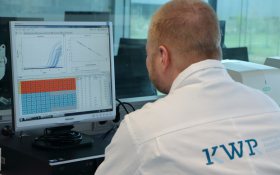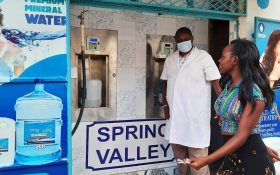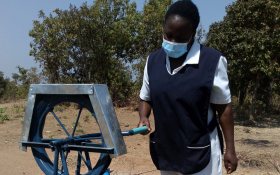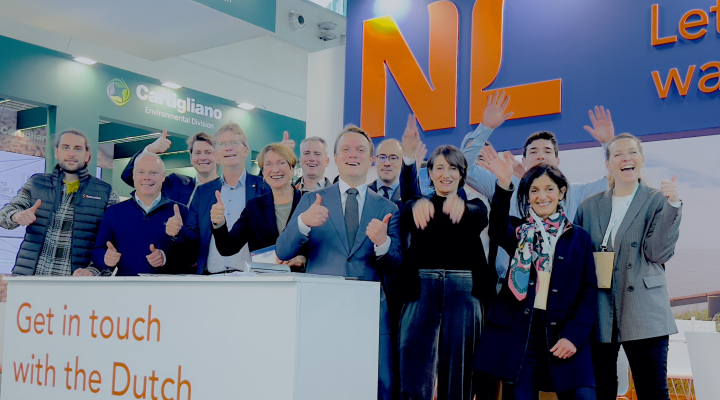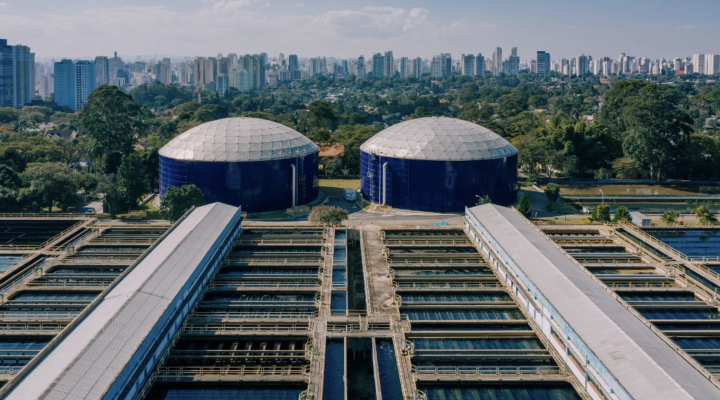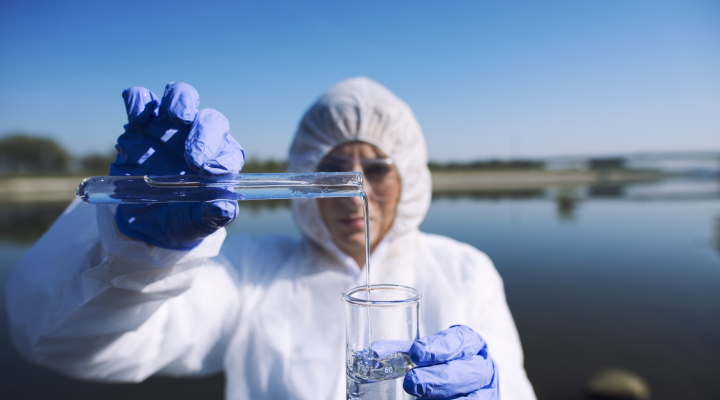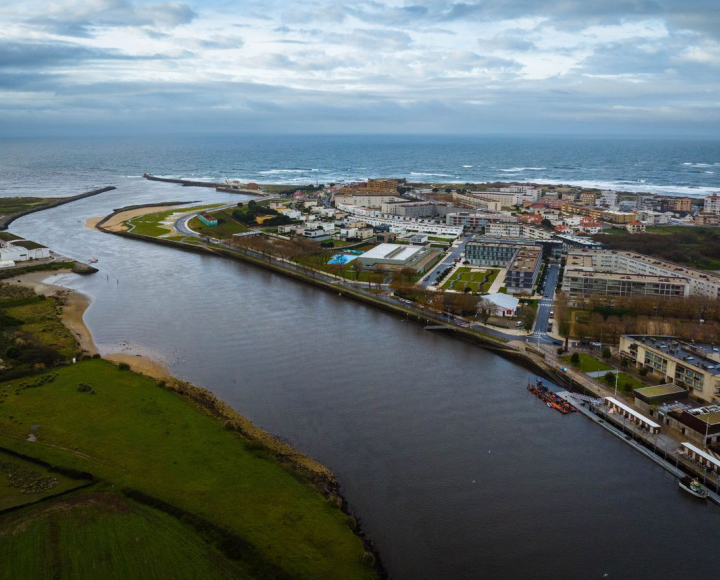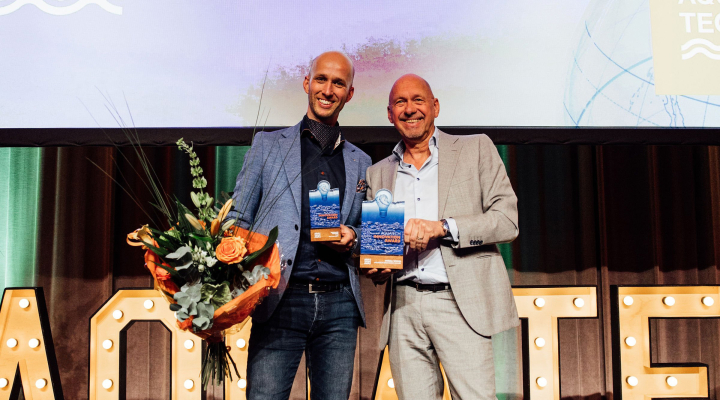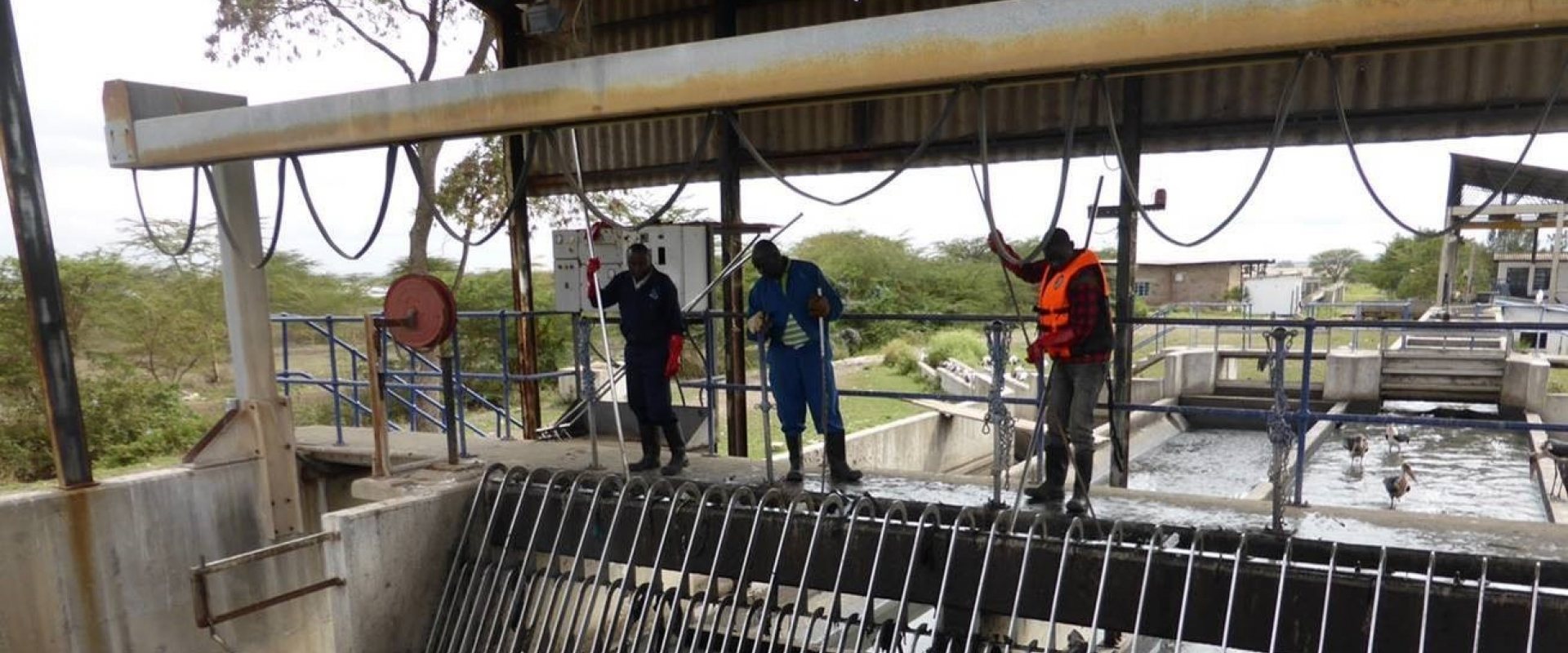
Covid-19 sewage surveillance in Nairobi, Kenya
Nairobi City Water and Sewerage Company, Nairobi Metropolitan Services – Directorate of Health Services, World Waternet and KWR Water research institute commenced a pilot project to monitor the circulation of coronavirus in sewage water collected in the city of Nairobi, Kenya.
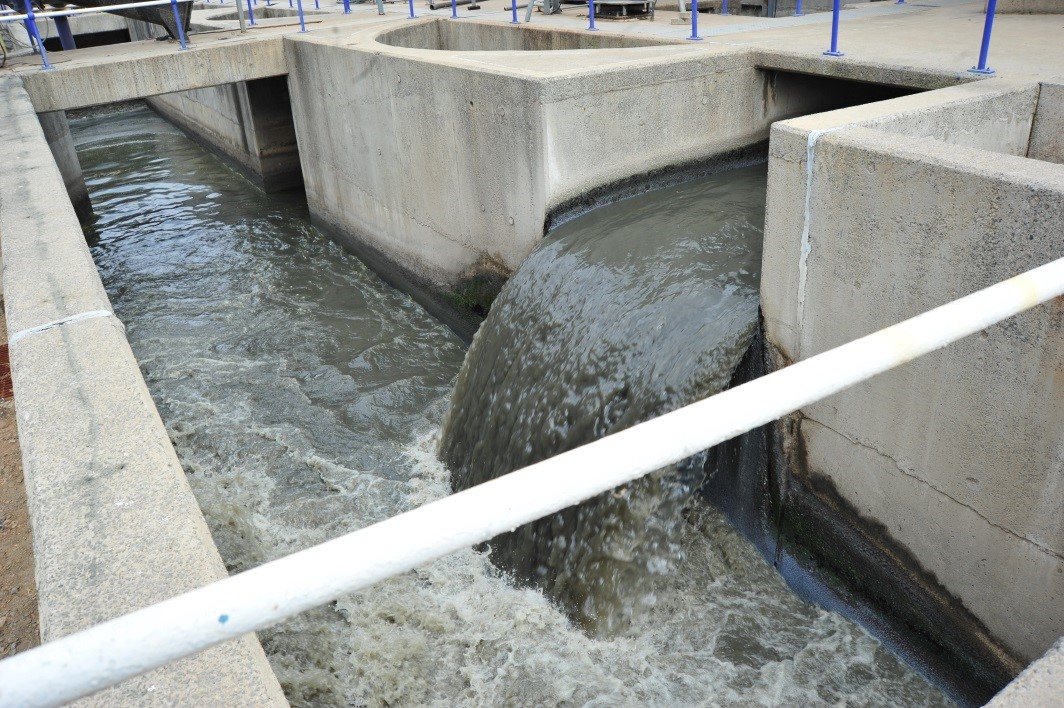

Insight into spreading of virus
In Kenya, knowledge about the prevalence of Covid-19 is limited and clinical surveillance has limited capacity. Therefore, monitoring the virus in sewage offers an opportunity to gain insight into the presence and spread of the virus in a specific catchment area.
Ten sampling points have been selected throughout the city of Nairobi, one of which being the largest plant in the city, Dandora Estates Sewerage Treatment Plant. Samples upstream in neighbourhoods will be manually collected by Nairobi City Water and Sewerage Company (NCWSC) on a weekly basis and will be transported to the laboratories of the International Livestock Research Institute (ILRI) where they will be tested using the analytical protocol developed by KWR.
Comparison with other data
The resulting data will be both validated and compared to all relevant epidemiological data about the spread of Covid-19, such as registered infections and hospitalizations. An online platform will be developed (i.e. dashboard) where the data will be visualised to follow the developments of the spread of the virus and communicate it to the Nairobi Metropolitan Services and other relevant Kenyan authorities. The pilot project will continue for one year.
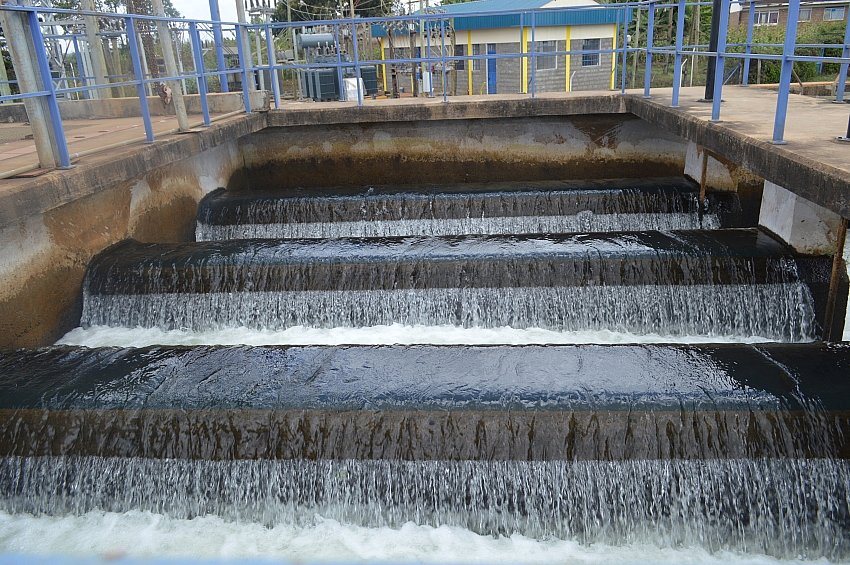

Sensitive tool
KWR Water, a Dutch knowledge institute, has developed and demonstrated that sewage surveillance can be a sensitive tool to monitor the circulation of Covid-19 in communities. The approach relies on the fact that infected people will shed virus, in particular in faeces. Since the discovery by KWR Water, the approach has been implemented in numerous countries around the world.
Monitoring data provides information about the occurrence of the virus which can be used to gauge the situation, evaluate the effect of measures and detect insurgence of infections at an early stage.
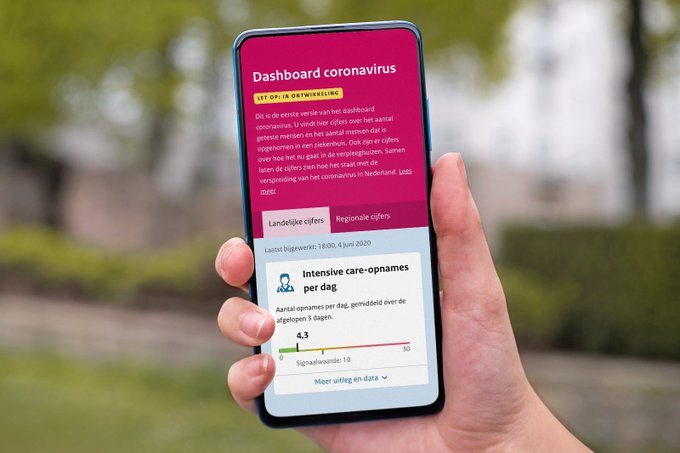

Dutch national sewer surveillance
Waternet, the public water utility of Amsterdam, is one of the partners involved in this early warning sewage surveillance system. The affiliated organisation World Waternet works with Waternet experts to support public water organisations by offering sustainable, integral water solutions. They are the connecting link between Waternet expertise, (co-)funders and global water issues.
Since the implementation of the method in the Netherlands, in February 2020, sewage surveillance is currently one of the pillars of the Dutch national Covid-19 monitoring dashboard. Now, the same tool will be used in Nairobi to monitor the spread of the virus, as a cost effective addition to the regular Covid-19 testing programmes that are in place.
The project in Nairobi is co-funded by the NL Business department of the Dutch Development Bank (FMO) via their Covid-19 response package to mitigate the impact of virus outbreak. World Waternet has a standing Water Operators’ Partnership with NCWSC to improve the performance of public water and wastewater services.




